|
On The Grid is a "designer's neighborhood guide" that is both modern and helpful. There are beautiful photos, maps, and illustrations of local landmarks by local designers.
See more @ On The Grid At Milpitas Unified, we're at the beginning phases of incorporating 3D printing into our learning process. One of 3D printing pain points is the removal of support material. This solves that issue.
Explore more @ Cubify We wonder which of our students will discover bodies around our solar system and beyond!
----- "On the 23rd and 24th of January, 1930, a young astronomer working in Flagstaff, Arizona, scanned a small patch of the night sky. He was taking pictures of star positions, looking for anomalies that would signal movement somewhere at the edge of the solar system. He took the pictures then set them aside, not realizing that he’d found exactly what he was looking for..." Read more @ io9 "It can be convenient to pull up directions at a PC while you're sitting at your desk, but you're not going to lug that thing outside to the car when it's time to hit the road. That means you have to get the directions to your phone or tablet, which often means just searching a second time. Back in April, Google tried to alleviate this issue by introducing the ability to send directions directly from Search. Now the company is providing the option to send the information from desktop Maps to the Android app.If you have the latest version of Google Maps installed (9.11.0), you should see Send to deviceappear at the bottom of the card detailing..."
Read more @ Android Police Although this is years away for public schools (due to cost), we can't wait to introduce and share this type of technology with our students. Love the quote from this video: "Anytime you change the way that you see things, it changes the way that you understand them. As soon as you can change someone's understanding, then they can change the way that they see the world." Of course, there is the "budget" way of doing this as well: Using LED's and aeroponic methods, the farm is 75 times more productive than an outdoor farm and uses 95% less water. This technology would be amazing in our drought stricken California. We're excited that this "new" industry will be supporting our nutrition needs, and more importantly our students will have the chance to contribute to this industry.
----- "With state-of-the-art, cleantech technology using aeroponics and LEDs, AeroFarms is the commercial leader for indoor vertical farming, utilizing a totally controlled growing environment without sun or soil and minimizing harmful transportation miles." Read more @ AeroFarms If you ever wanted an inside view on Hackathons, this is a good read. Milpitas students have participated in several Hackathons around Silicon Valley.
----- "On the third day, half the people on the Startup Bus got motion sick. We hadn’t slept for two or three nights, the roads through the Smoky Mountains were perilously curved, the tour bus was traveling at top speed, and we had all been staring at our laptop screens for far too long. Someone on my team bumped the table where we sat and it collapsed on our laps for the third or maybe 10th time that day. Alicia Hurst, my team’s designer, grabbed her computer before it fell, but her giant water bottle hit the floor. Again. Emma Pinkerton, our business strategist, held up the table while I scrambled to..." Read more @ The Atlantic Imagine a world when we will no longer worry about blood supply - especially in emergency transfusions and/during catastrophic events.
----- "The first attempt at giving human volunteers “synthetic blood” made in a laboratory for the first time will take place within the next two years, the NHS has announced. A long-awaited clinical trial of artificial red blood cells will occur before 2017, NHS scientists said. The blood is made from stem cells extracted from either the umbilical cord blood of newborn babies or the blood of adult donors. The trial, thought to be a world first, will involve small transfusions of a few teaspoons of synthetic blood to test for..." Read more @ The Independent Here's an interesting paradigm shift of our future of driverless vehicles. Imagine your ride being subsidized by your activities. The Wienermobile was way ahead of it's time. How different will our kindergarten students experience the world in this mobile economy and what type of skill sets will they need to support, operate, maintain, and sustain this economy?
----- "Self-driving cars are just beginning to creep onto our highways. But in the future, autonomous vehicles may dominate the roads, freeing up their human passengers to engage in all sorts of other activities. For instance, you might want to spend your morning commute pouring through your emails whilst a barista prepares your pumpkin spice latte. Wait, what?! The notion that “driving” may be a very different experience in the..." Read more @ Gizmodo |
Shared ThoughtsTogether, as learners in the education space, we would like to share a selection of what we read and reflect on internally. Categories
All
Archives
January 2016
|
Milpitas Unified School District
|
|

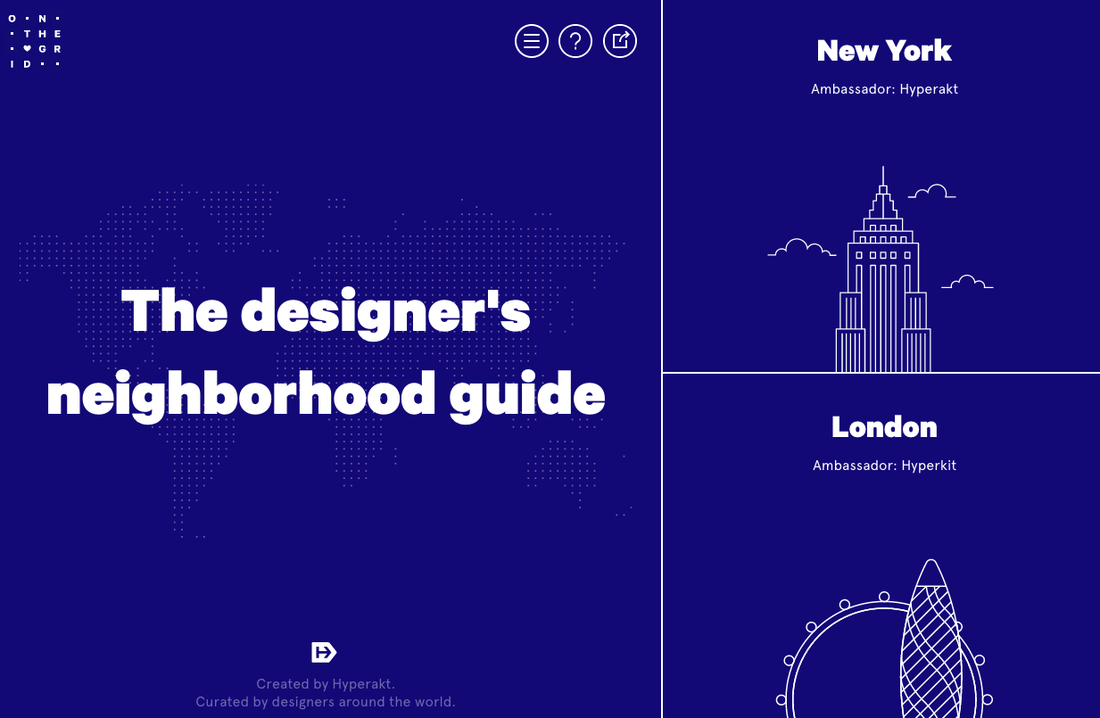

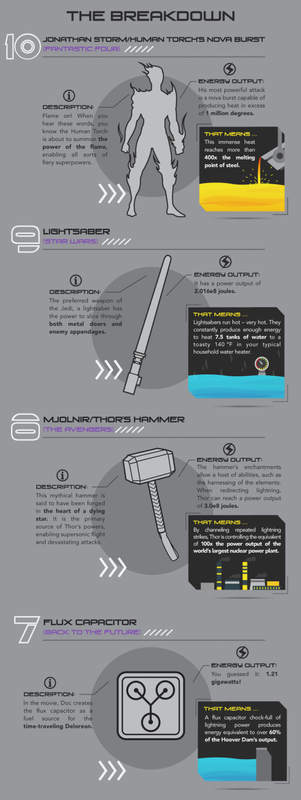
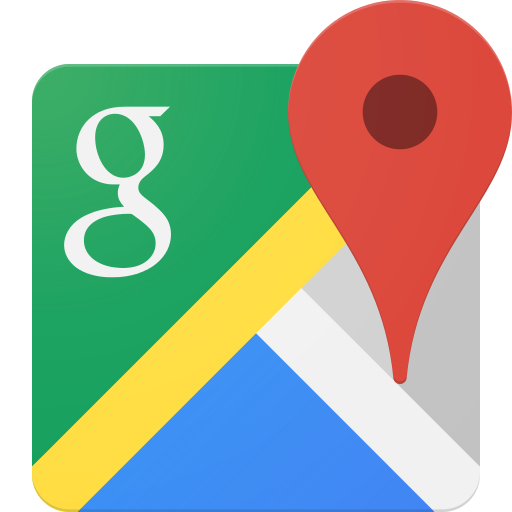
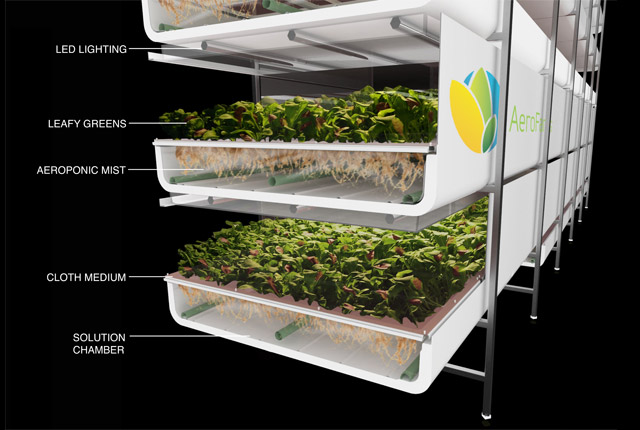
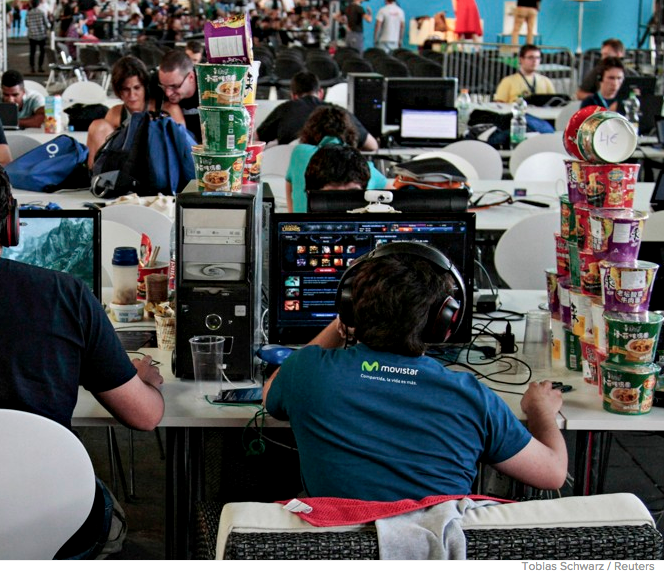
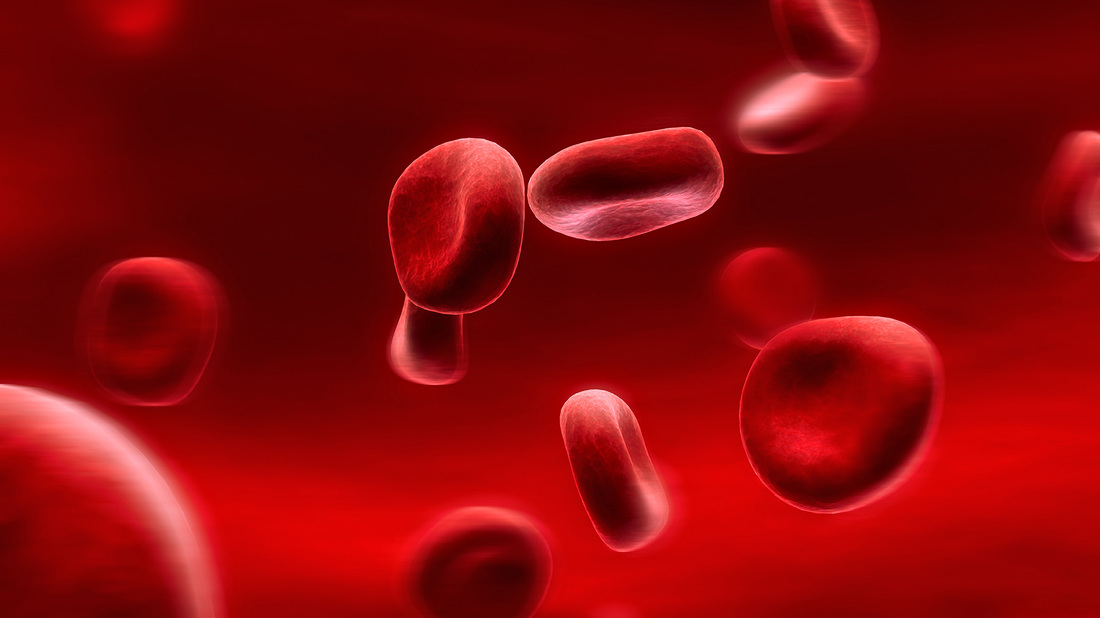
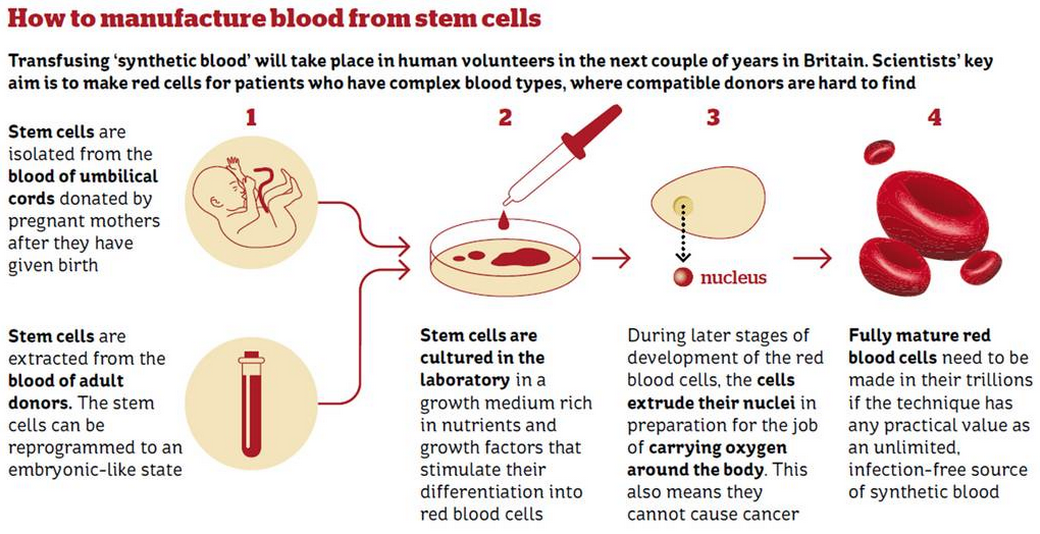
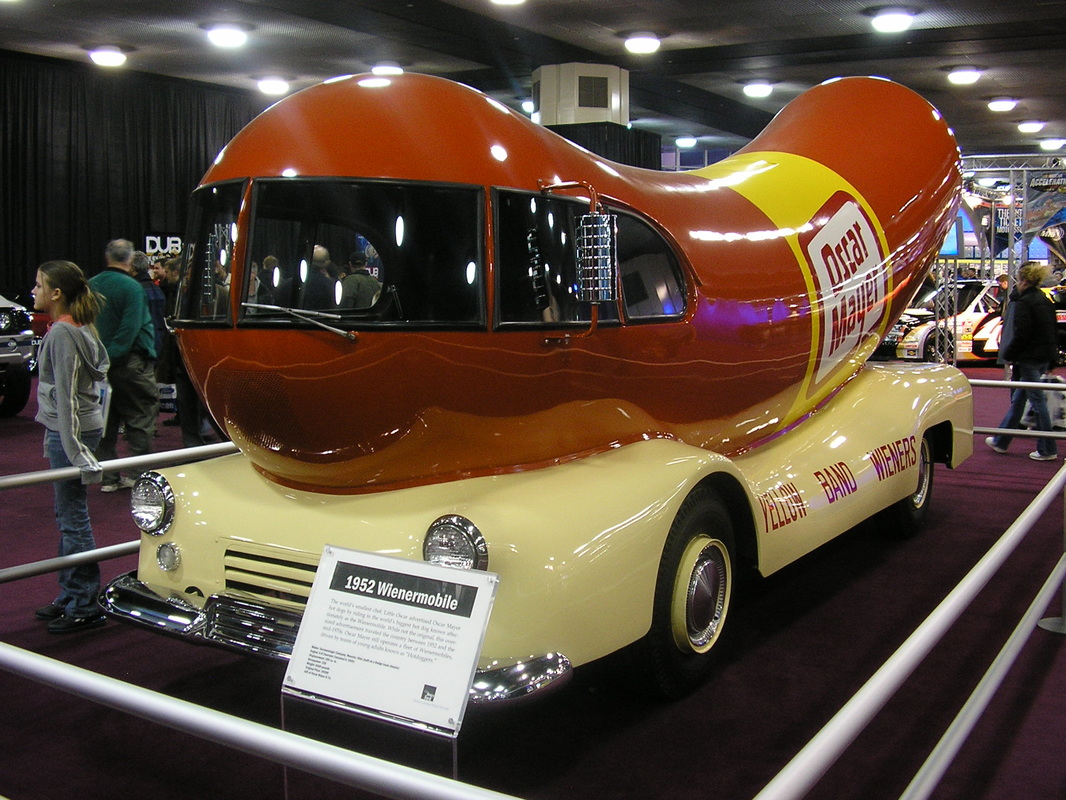
 RSS Feed
RSS Feed
